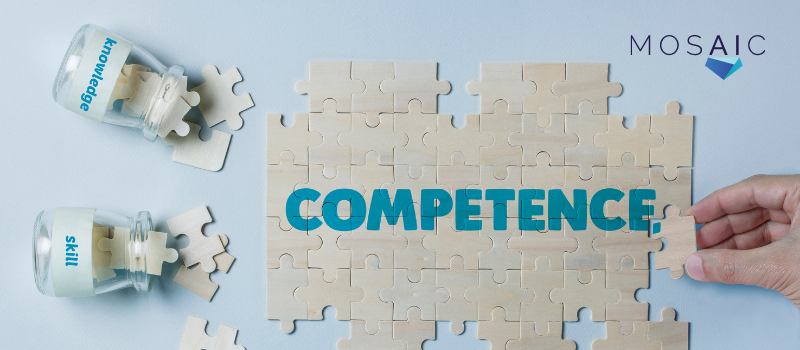Time management, as a set of skills in the workplace, involves the ability to plan, prioritize, and use time efficiently and effectively to achieve tasks, goals, and objectives. Effective time management is essential for productivity, meeting deadlines, reducing stress, and achieving work-life balance.
Your time management skills assessment
- Goal Setting: Time management often begins with goal setting. Individuals can define clear, achievable short-term and long-term goals, which provide direction and purpose for their work.
- Task Prioritization: Effective time managers prioritize tasks based on their importance and urgency. They focus their efforts on high-priority tasks that align with their goals and responsibilities.
- Planning: Time management includes planning daily, weekly, and long-term activities. Individuals create schedules, to-do lists, or project plans to allocate time wisely and ensure tasks are completed on time.
- Organization: Organizational skills are integral to time management. Individuals with these skills can keep their physical and digital workspaces orderly, making it easier to locate and manage tasks and resources.
More time management skills
- Delegation: Time management involves knowing when to delegate tasks to others. Effective delegators can identify tasks that can be entrusted to colleagues, freeing up their own time for more critical responsibilities.
- Setting Boundaries: Time managers set and maintain healthy boundaries. They can say no to additional commitments that may overwhelm them, ensuring they have time for their primary responsibilities.
- Eliminating Time Wasters: Time management includes identifying and eliminating time-wasting activities, such as excessive meetings, unnecessary emails, or distractions, which can enhance productivity.
- Decision-Making: Time managers make decisions efficiently. They can assess options, weigh pros and cons, and make choices promptly, avoiding prolonged indecision.
even More time management skills
- Adaptability: Time management skills often involve adaptability. Effective time managers can adjust their schedules and plans when unforeseen circumstances or urgent tasks arise.
- Technology Utilization: Time managers use technology to their advantage. They adopt productivity tools, calendars, and apps to help streamline tasks and reminders.
- Goal Alignment: Time management skills ensure that daily activities align with broader goals and priorities. Individuals can evaluate whether their actions contribute to their long-term objectives.
- Meeting Efficiency: Time management includes running and participating in efficient meetings. Individuals can set clear agendas, keep discussions on track, and avoid wasting time in unproductive meetings.
Our time management skills assessment
- Effective Communication: Time managers communicate their priorities and availability effectively to colleagues, preventing misunderstandings and reducing interruptions.
- Self-Care: Effective time managers prioritize self-care and work-life balance. They recognize the importance of downtime and relaxation to maintain productivity and well-being.
- Continuous Improvement: Time management promotes a culture of continuous improvement. Individuals consistently seek ways to refine their time management skills, seeking to optimize their productivity.
- Feedback Receptivity: Time managers are open to feedback on their time management practices, allowing them to learn from their experiences and make necessary adjustments.
- Stress Management: Time management includes stress management techniques. Individuals can employ stress-reduction methods, such as mindfulness or relaxation exercises, to maintain their well-being.
- Resilience: Effective time managers are resilient in the face of setbacks or time constraints. They adapt and persevere, finding alternative solutions to achieve their goals.
time management skills summary
In summary, time management as a set of skills includes goal setting, task prioritization, planning, organization, delegation, setting boundaries, eliminating time wasters, decision-making, adaptability, technology utilization, goal alignment, meeting efficiency, effective communication, self-care, continuous improvement, feedback receptivity, stress management, and resilience.
Developing these skills empowers individuals to optimize their use of time, enhance productivity, reduce stress, and achieve both personal and professional objectives.
– the Gifted education and educational assessment specialists.
